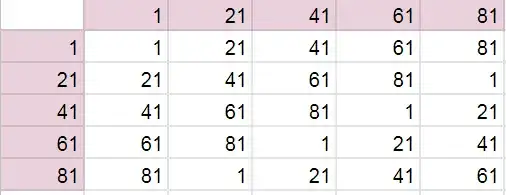I was wondering if there is a simpler way to find the last to digits of a power such as $3^{45}$. I reduced it modulo 100 to get the answer, which is 43. But I was curious if there was a simpler, or more eloquent way to get this result.
Here's my method:
Using the fact that $3^4=81\equiv -19 \pmod{100}$ and $19^5=2,476,099\equiv -1 \pmod{100}$
$$ 3^{45}\equiv 3(3^4)^{11}\equiv 3(-19)^{11}\equiv 3(-19)(19^5)^2\equiv 3(-19)(-1)^2 \equiv -57 \equiv 43 \pmod {100} $$
I just felt like this was sort of a messy way to find out that the last two digits are 43.
